It’s been almost three years since the pandemic and even today when the pandemic subsided, people can be seen with a mask because we have been always told that face masks, social distancing, hand sanitization, and vaccination are the only ways to prevent contracting the virus. There was a time when face masks were mandatory across the world and for two years, we were complete with masks.
However, the study, conducted by the UK-based Cochrane Review, researched whether physical interventions – including masks – reduce the speed of respiratory viruses, findings say something new. Here is what the research says.
Research conclusion
- There is uncertainty about the effects of face masks. The pooled results of RCTs did not show a clear reduction in respiratory viral infection with the use of medical/surgical masks.
- There were no clear differences between the use of medical/surgical masks compared with N95/P2 respirators in healthcare workers when used in routine care to reduce respiratory viral infection.
- Hand hygiene is likely to modestly reduce the burden of respiratory illness, and although this effect was also present when ILI and laboratoryâ€confirmed influenza were analyzed separately, it was not found to be a significant difference for the latter two outcomes.
This doesn’t necessarily mean masks don’t protect individuals. But it could mean that the way they’re used at the population level is not effective.
According to US online magazine Slate, reviews by Cochrane are widely considered the ‘gold standard of evidence-based medicine. The reason Cochrane Reviews are such a useful tool is because of the strict methodology the authors use to systematically evaluate and assess the quality of evidence about an intervention’s safety and effectiveness. Thus, review findings are seen as a synthesis of the best evidence available.
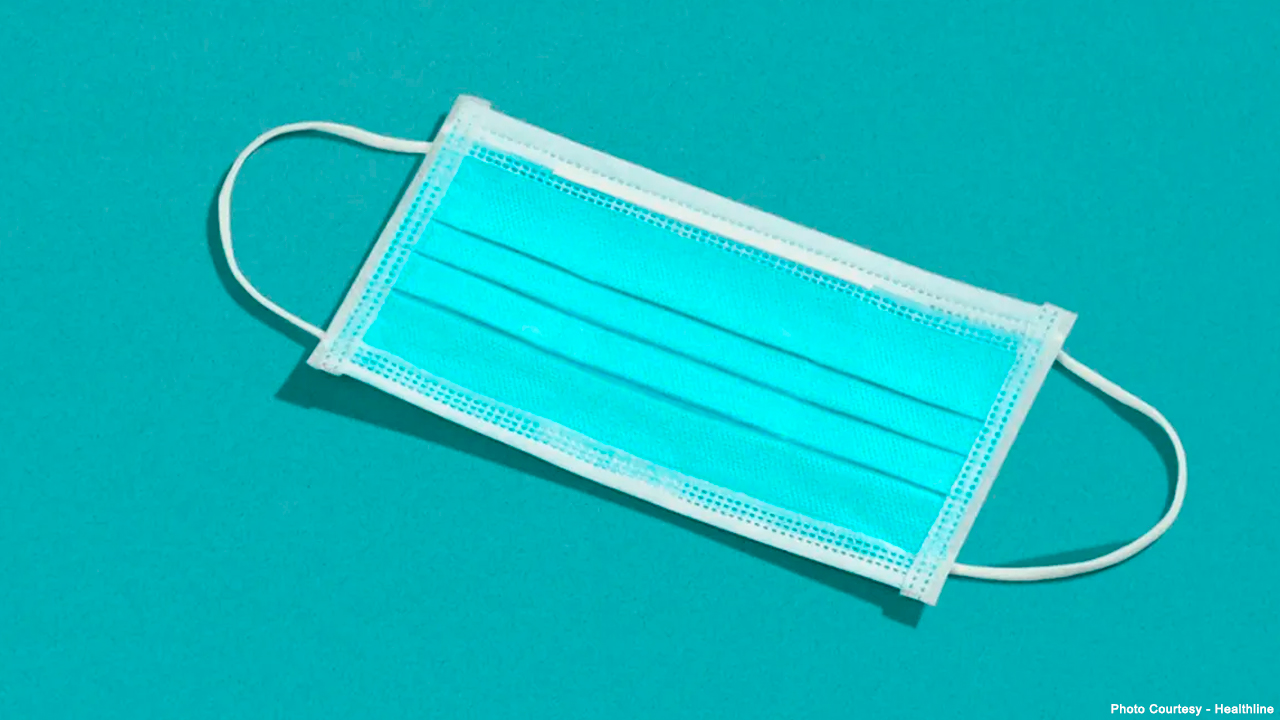
 A recent study, conducted by the UK-based Cochrane Review shows that wearing masks in the community probably made little or no difference in protecting against COVID-19.
A recent study, conducted by the UK-based Cochrane Review shows that wearing masks in the community probably made little or no difference in protecting against COVID-19.






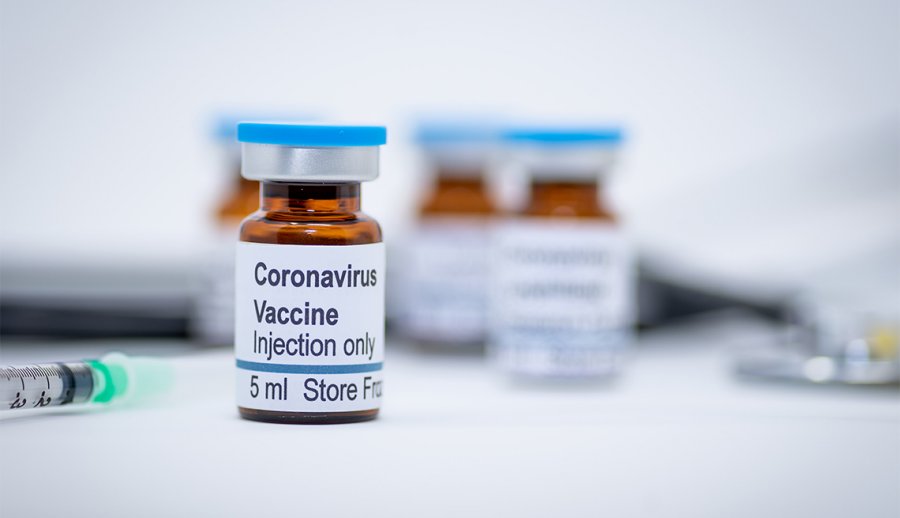
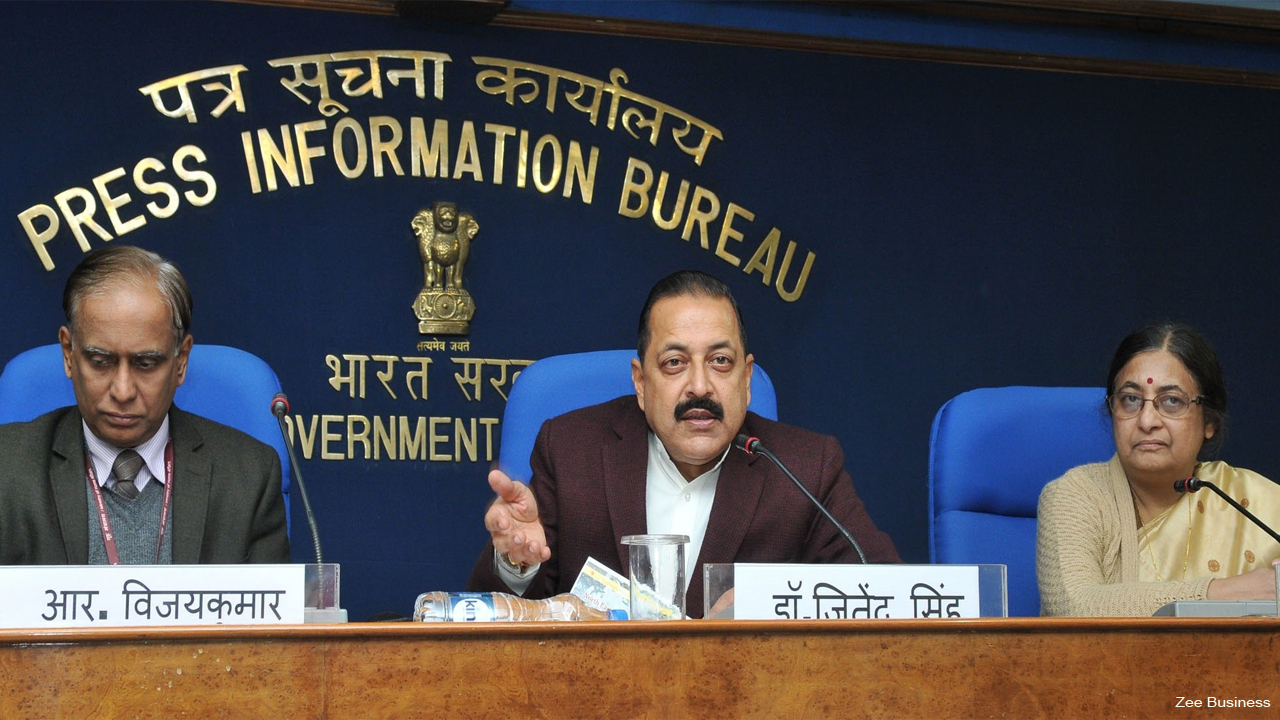
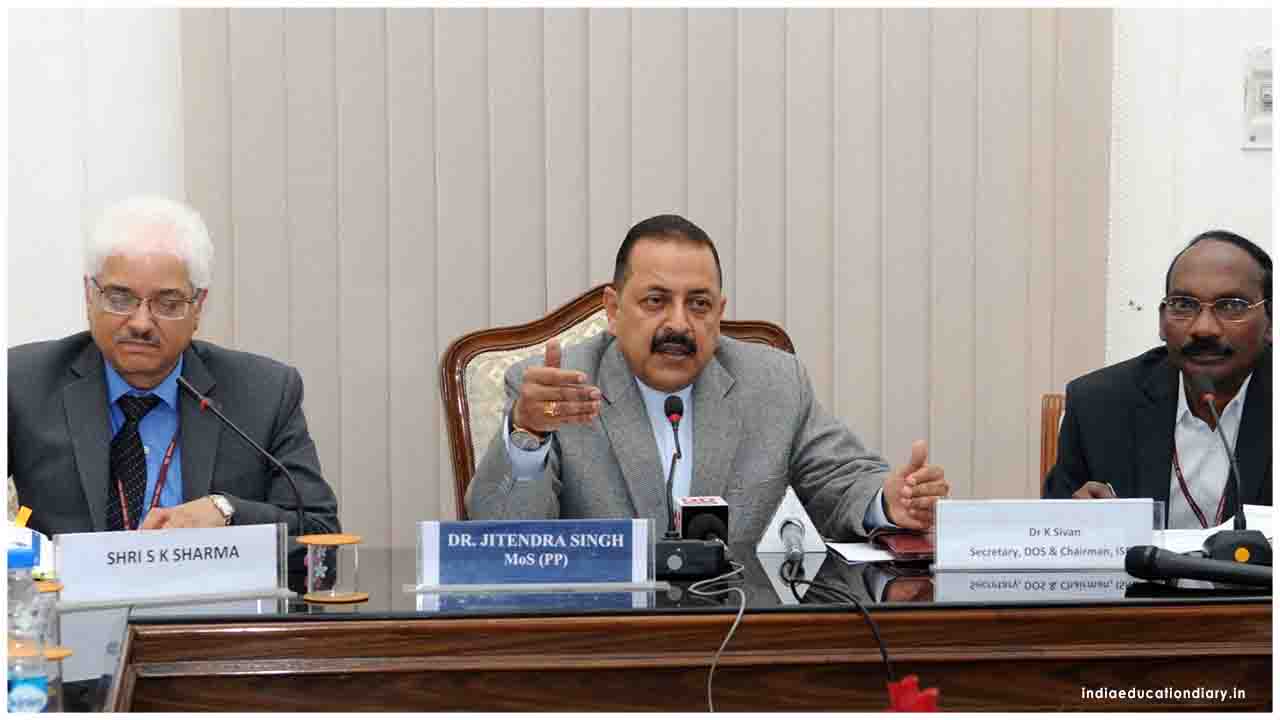
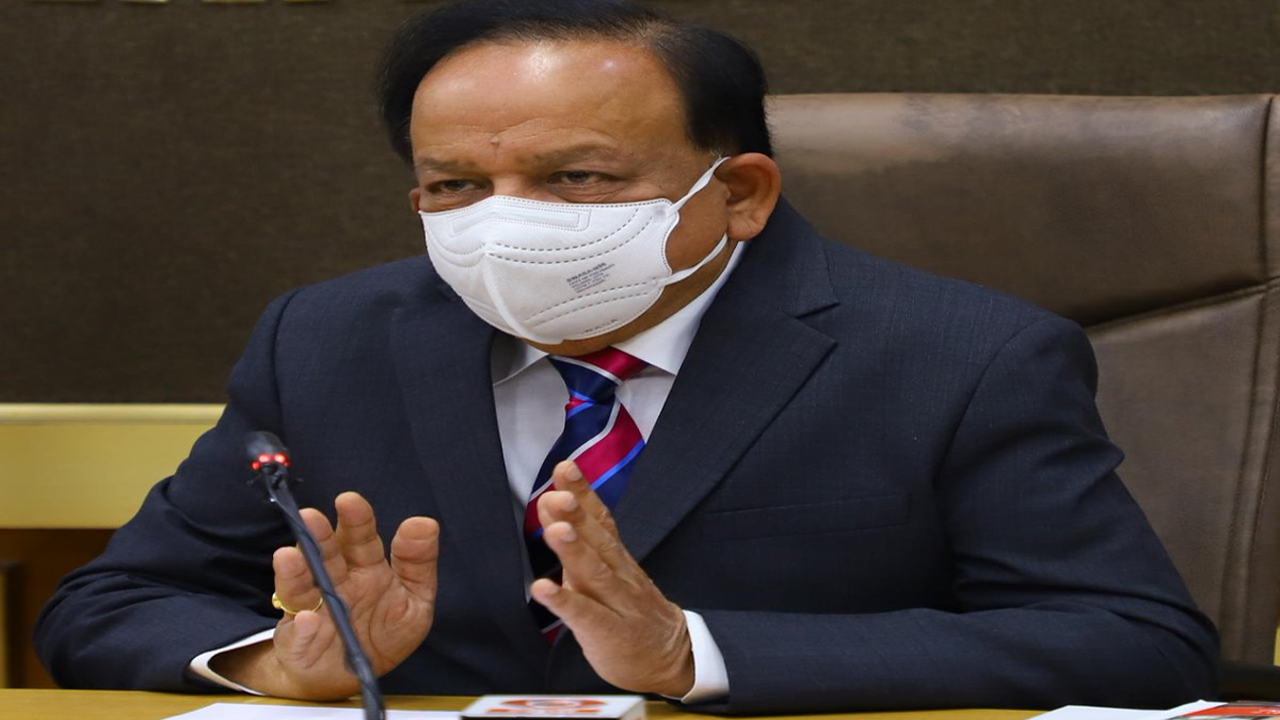



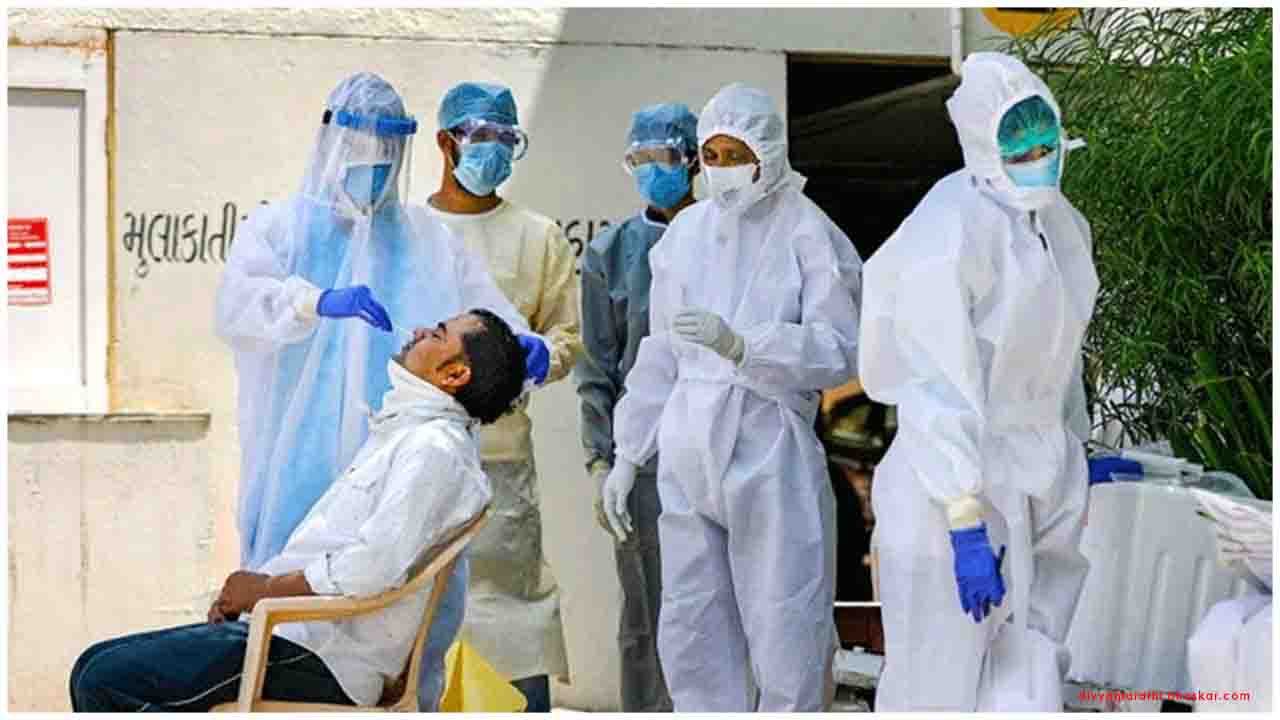






.jpeg)

.jpeg)










.jpg)




.jpg)

